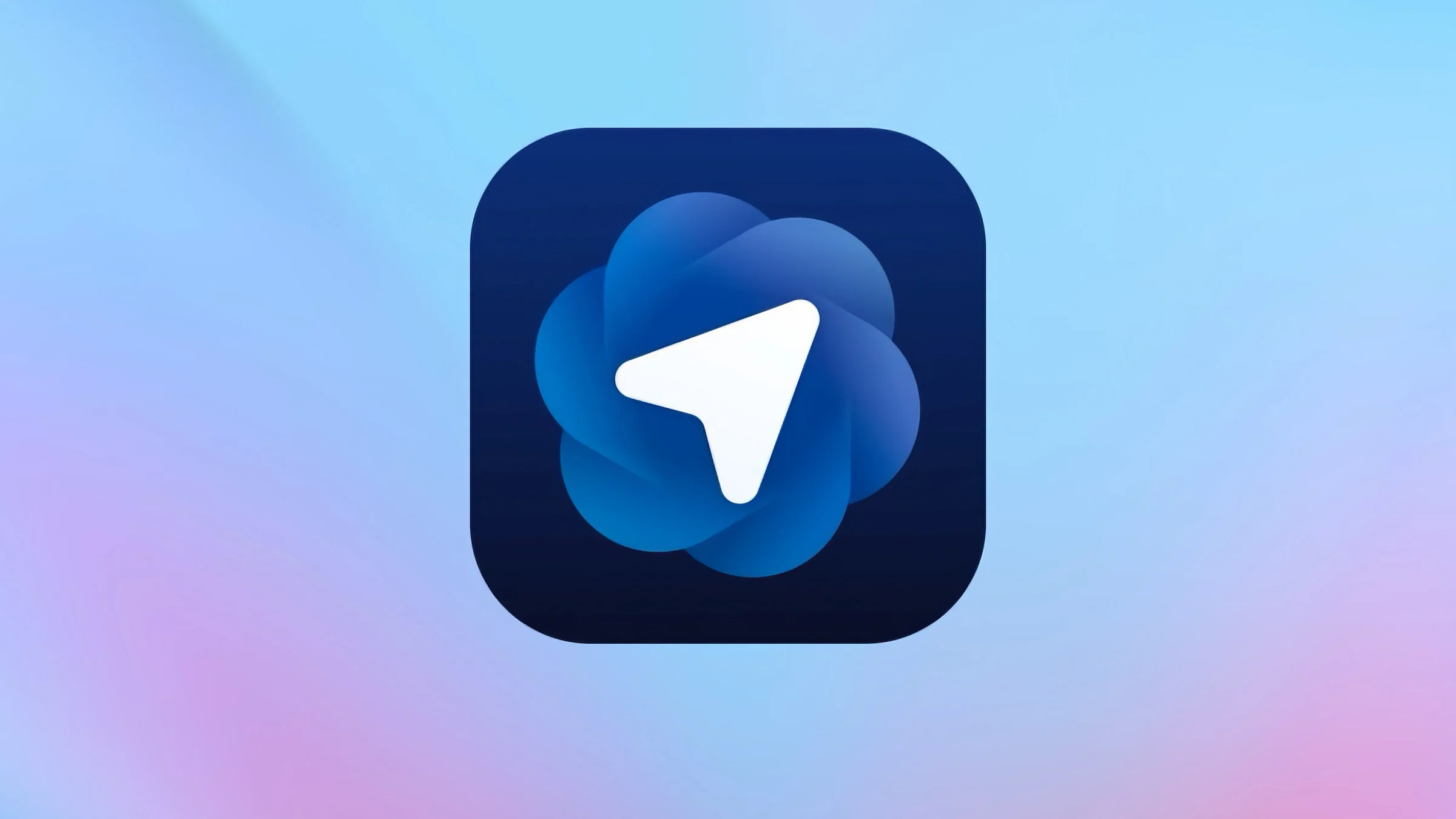Copyright Cult of Mac

OpenAI released its ChatGPT Atlas browser for Mac on Tuesday, making it easy to use the AI chatbot wherever you go online. When using the browser to visit a website, you can tap into ChatGPT’s knowledge to provide more information about whatever’s on the page. For example, after searching for a top Airbnb listing in a certain locale, you could ask ChatGPT for best hikes in the area or tell the chatbot to assemble an itinerary for a three-day trip — right within the browser. An agent mode, available to paid ChatGPT users, can go even further. However, while OpenAI says it built in safeguards to mitigate the dangers of allowing an AI to act for you on logged-in websites, the company admits that using agent mode carries risks. And there’s still the common AI problem of hallucinations. ChatGPT Atlas adds AI to your web browsing AI is the hot new thing in tech and search, so much so that Cupertino even baked ChatGPT into Apple Intelligence. But the web browser remains a central part of everyone’s online experience. Using ChatGPT or other AI chatbots in tandem with a browser like Safari requires copying and pasting info from the websites you visit into your AI app of choice. ChatGPT Atlas erases that friction, enabling you to deploy OpenAI’s popular chatbot right within the browser. “We think that AI represents, like, a rare, once-a-decade opportunity to rethink what a browser can be about and how to use one, and how to sort of most productively and pleasantly use the web,” said OpenAI CEO Sam Altman in a video introducing ChatGPT Atlas. “Tabs were great, but we haven’t seen a lot of browser innovation since then, so we got very excited about the opportunity to really rethink what this … could be.” ChatGPT Atlas and browser memories Open a new page in the ChatGPT Atlas browser, and you’ll see a minimalist experience much like Google’s start page, with ChatGPT’s familiar “Ask anything” search prompt. You can ask ChatGPT a question or enter a URL. Ask a question, and ChatGPT’s chatty results will provide information you requested — although, as with all ChatGPT queries, you should verify the information before accepting it as gospel. Separate icons for search, images, videos and news pop up after every search. A ChatGPT sidebar rides along when you visit web pages, although you can turn off this feature if you like. A feature called “browser memories” will “remember key details from content you browse to improve chat responses and offer smarter suggestions — like creating a to-do list from your recent activity or continuing to research holiday gifts based on products you’ve viewed,” Open AI said in a press release Tuesday announcing the new ChatGPT Atlas browser. Your search queries sync with the ChatGPT app for Mac, but OpenAI says they’re “private to your ChatGPT account and under your control.” “You can view them all in settings, archive ones that are no longer relevant, and clear your browsing history to delete them,” the company said. “Even when browser memories are on, you can decide which sites ChatGPT can or can’t see using the toggle in the address bar. When visibility is off, ChatGPT can’t view the page content, and no memories are created from it.” OpenAI says that by default, it doesn’t use your search history to train its AI models, although you can opt in. Same goes for your ChatGPT chats. Dangers of using agent mode OpenAI says it “prioritized safety” when building ChatGPT’s agent mode for the Atlas browser, adding “safeguards to address new risks that can come from access to logged-in sites and browsing history while taking actions on your behalf.” ChatGPT Atlas can’t access other apps on your Mac or run code in the browser, download files or install extensions, OpenAI said. The company also said the agent mode will “pause to ensure you’re watching it take actions on specific sensitive sites such as financial institutions.” Plus, there’s a logged-out mode that limits the AI agent’s “access to sensitive data and the risk of it taking actions as you on websites.” Still, the company plainly states that using “ChatGPT’s agent capabilities still carry risk.” “Besides simply making mistakes when acting on your behalf, agents are susceptible to hidden malicious instructions, which may be hidden in places such as a webpage or email with the intention that the instructions override ChatGPT agent’s intended behavior,” the company said. “This could lead to stealing data from sites you’re logged into or taking actions you didn’t intend.” Atlas’ agent mode is available in preview to Plus, Pro and Business users, who pay ChatGPT subscription fees starting at $20 per month. However, as with all things AI, it’s buyer beware: “It is an early experience and may make mistakes on complex workflows,” OpenAI said. “We’re rapidly improving reliability, latency and complex task success.” How to get the ChatGPT Atlas browser As you might imagine, you need a ChatGPT account to use ChatGPT Atlas. The browser is now available for download worldwide on macOS for OpenAI’s Free, Plus, Pro and Go users. (It’s available in beta for Business, Enterprise and Edu users if enabled by plan administrators.) iOS, Windows and Android versions are coming soon, OpenAI said. Download from: OpenAI Watch the unveiling/demo video



